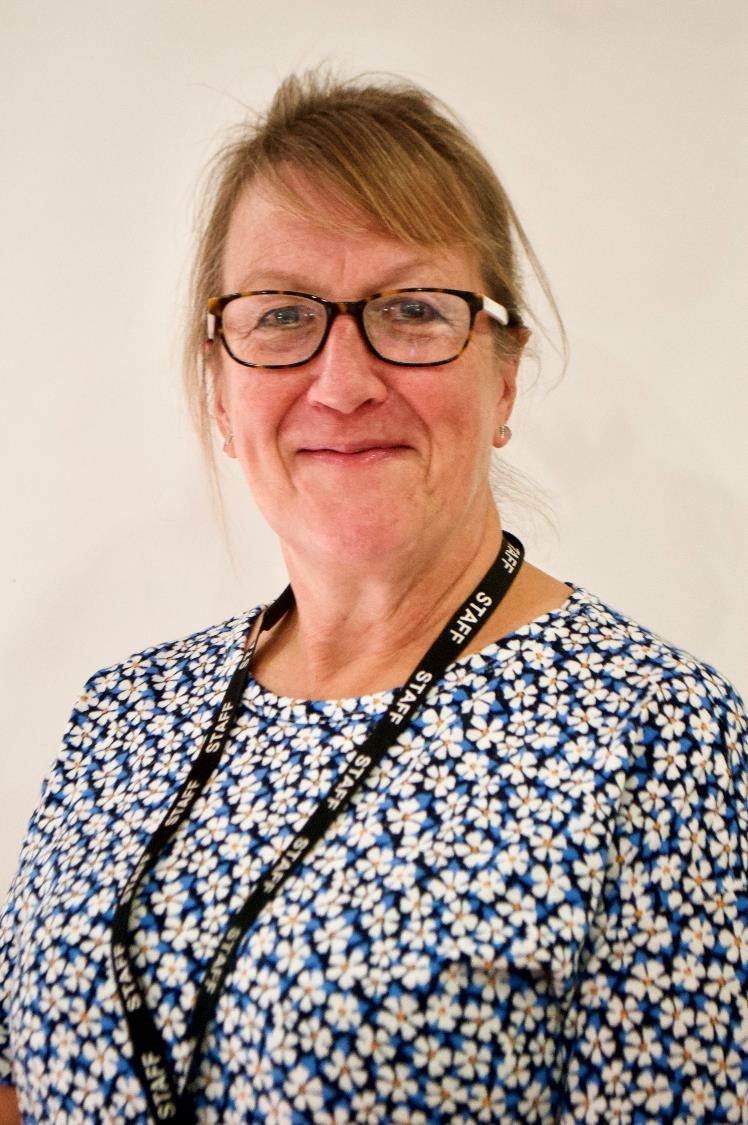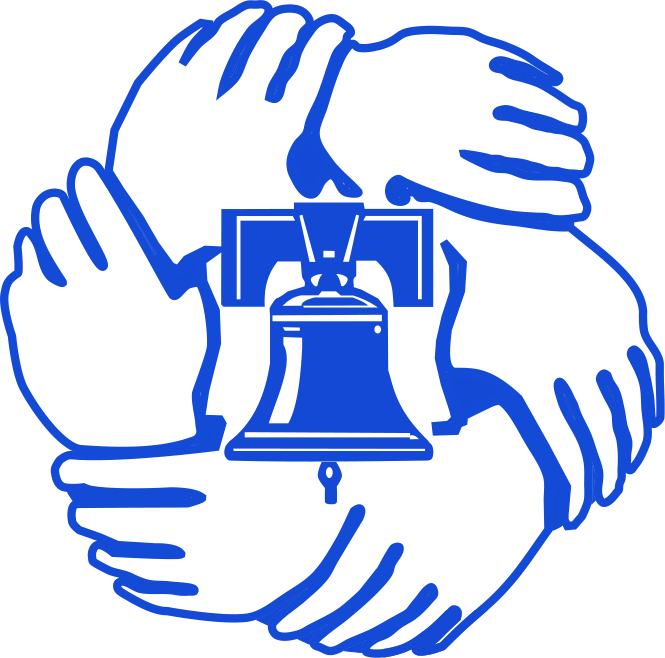ELSA
ELSA stands for emotional literacy support assistant - this wiki tells you more about what ELSAs do in schools and how they support children.
What is an ELSA?
In schools, ELSA stands for Emotional Literacy Support Assistant. ELSA support in schools is a project designed to help schools support the emotional needs of their pupils.
ELSA acknowledges that children and young people learn best when they feel happier and their emotional needs are being addressed.
The initiative was developed and supported by educational psychologists who used knowledge of how children develop socially and emotionally and apply this knowledge to the needs of pupils.
The role title of ELSA may only be taken by someone who:
- Has attended a full ELSA training course.
- Regularly attends supervision groups led by educational psychologists.
- Currently, are developing bespoke programmes to support the emotional needs of children in their school.
At Gillingstool that specialist person is Miss Vokes.

Miss Vokes is trained to plan and deliver programmes of support to pupils who may be experiencing temporary or long term additional emotional needs.
Some work that Miss Vokes does may be on an individual basis with one child, however, there are cases where group sessions may be appropriate such as when working on social skills and friendship skills.
ELSAs receive support and supervision from educational psychologists, but will still report to a line manager within their school. Their school will also help with the identification and prioritisation of children who would benefit from the support of an ELSA. This process works best when there is solid communication between the teachers, SENCos and ELSAs within a school. At Gillingstool this happens with our Wellbeing Team meetings.
What can Miss Vokes help with?
There are a lot of emotional skills that ELSA can help with, including:
- Self esteem
- Recognising emotions
- Social skills
- Friendship
- Anger Management
- Loss and bereavement
- Worries and anxiety
How long should an ELSA Programme last?
ELSA should not become a permanent feature of a child’s support system, as the programme works best when there are aims for children to work towards and achieve. When planning a child’s individual ELSA programme we begin by planning a term’s worth of work. Further intervention towards new aims can be put in place at a later date if it becomes required.
Sessions will typically happen once a week across the length of a term and last between half an hour and an hour. During a session, an ELSA should:
- Check how the child is and how they have been feeling for the past week.
- Review the content that was covered in the last session and see if any of the information needs to be revisited.
- To introduce new content through engaging games and activities.
- End the session in a way that helps the child to adjust to going back to class.
Some children may benefit from shorter sessions depending on how long they can stay engaged. Miss Vokes will get to know the ideal session length for the children she works with.
